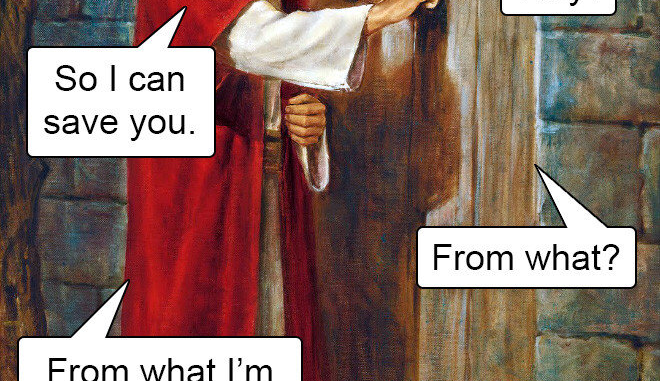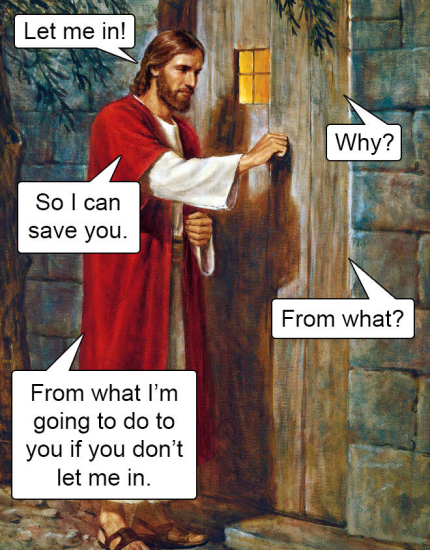
 With rapidly declining participation in religious instruction, there has been a call for children to be educated “about religion” as opposed to being indoctrinated “in religion”.
With rapidly declining participation in religious instruction, there has been a call for children to be educated “about religion” as opposed to being indoctrinated “in religion”.
Below is a letter from Sara Passmore to Chris Hipkins (MP) regarding the report he requested on religious education (the academic study of religion) from a group called the Religious Diversity Centre. I won’t repeat everything that the letter makes clear but the core concern is that there has been no independent input from non-religious groups directly offering feedback on changes to the school curriculum in this report.
I and a few other non-religious individuals did take part in some group discussions online with members of the Religious Diversity Centre (RDC) about religious education but despite asking to be involved, non-religious groups such as the New Zealand Association of Rationalists and Humanists were blocked from joining the RDC and were also not included in preparing or even reviewing the report. So much for diversity!
17th August 2022
Tena koe Hon Chris Hipkins MP
I am writing as Vice-President of the New Zealand Society of Rationalists and Humanists and a representative of the 2.2 million New Zealanders who in the 2018 census stated to have no religion.
Our organisation is concerned about the ongoing lack of non-religious voices in the development of a religious education curriculum for our state schools, and the role of the Religious Diversity Centre (RDC) in consulting with the Government while they exclude non-religious representatives from participating in its work.
The New Zealand Society of Rationalists and Humanists wrote to you on 25 February 2020 raising the concern that the Ministry of Education’s broader work programme being delivered in conjunction with the Religious Diversity Centre excluded non-religious worldviews. In your response on 3 May 2020 you stated that our feedback about these concerns had been passed on to the team at the Ministry to be considered as this work progresses.
In June 2020, Professor Paul Morris included some of our individual members in a survey of stakeholders. However, we are concerned that the sample of non-religious voices in this survey was limited, and in no way reflects that 48.5% of our population is non-religious – not a significant minority” as claimed in the Statement on religious diversity in Aotearoa New Zealand but the single largest belief-group in our country.
Non-religious people in New Zealand have views about how learning about religion and belief in schools should be covered, including asking and answering life’s big questions. Without a non-religious perspective to these questions about ethics, truth, the meaning of life, and what happens when you die, the education of young people in New Zealand will only present supernatural arguments for how we should live.
While we believe that religious instruction has no place in state-funded schools, we have generally been supportive of the educational reforms to religious instruction. However, we believe that without representation from non-religious organisations in the development of a curriculum, and without non-religious beliefs and values being included in the curriculum explicitly, that religious education will become religious instruction by the back door.
We have asked the Religious Diversity Centre to include one of our representatives on its Board and met with them a number of times. However, most recently we received the attached letter stating that the Board is selected due to their qualifications, experience, and skills, yet they continue to have no non-religious representation. We have serious concerns that the refusal of representation from someone who is non-religious is discrimination and goes against the New Zealand Bill of Rights Act 1990.
We once again offer the Government our help to run wider consultations with non-religious organisations and people nationwide. This includes running consultations with Māori atheists, ex-Muslims, the rainbow community, and those who have left high-control religions. We have strong networks across the motu with groups and people who are not represented by the RDC.
Nāku noa, nā
Sara Passmore
Vice President
New Zealand Association of Rationalists and Humanists
01 September 2022
Tena koe Sara,
The Minister of Education, Hon Chris Hipkins, has asked me to respond to your e-mail of 17 August 2022 about religious educations as the matters you raise fall within my portfolio responsibilities.
I acknowledge that you continue to be concerned about the lack of non-religious perspectives in the development of a religious education curriculum.
As you know, the Religious Diversity Centre (RDC) offered to support a conversation about the place of religions in our schools. The RDC led a survey in July 2020, which formed part
of a broader research project on how teaching about diverse religions happens in other countries. Religious, interfaith, non-religious and education representatives were
contacted to take part in this survey, including the Secular Education Network. I understand more than a third of participants did not identify with a religion or spiritual
group.
I am advised the Ministry of Education did note that some groups, such as Maori and Pacific people, were under-represented in the RDC research. The Ministry recognises that these important voices need to be explored as part of progressing further work on religion in schools.
The conversation about diversity and religion in schools is now being progressed through the refresh of the national curriculum. One of the underlying goals of the refresh of The New Zealand Curriculum is for all akonga to see themselves in the curriculum and experience success in all areas of learning. Understanding diversity and how belief systems function contributes to the fostering of an inclusive society in Aotearoa New Zealand that reflects the histories and traditions of all its people.
I am advised the Ministry is collaborating with a range of groups that bring diverse perspectives to the refresh work, It will ensure that religious diversity is considered alongside other diverse perspectives including cultures, identities, values and faith.
The draft content for the social sciences learning area has been shared and feedback has been sought from schools, organizations and agencies. Further changes to the content in response to the feedback are currently being made, and the final draft will be available later this year. You can find the earlier draft content at nzcurriculum.tki.org.nz/The-New-Zealand-Curriculum/Social-sciences
If you are interested in discussing the social sciences learning area, you are welcome to contact Cat Lunjevich, Principal Advisor Curriculum Design, at [her email]. Cat can put you in contact with the curriculum refresh team if required.
Thank you again for writing. I wish you all the very best.
Naku noa, na
Hon Jan Tinetti
Associate Minister of Education (School Operations)
The draft content for the new curriculum is very high level, so too vague to be useful in forming any opinions. Sara responds by offering her experience…
19th September
Kia ora Cat,
As per the correspondence attached I would like to talk to someone about how we can contribute to discussions about the religious education curriculum and also sex and relationship education.
The NZ Association of Rationalist and Humanists represents the 48.2% of New Zealand who are not religious.
We have long campaigned for the end of religious instruction in schools, and for high quality sex and relationship education.
We know that religious organisations are often consulted on these subjects, and believe strongly that New Zealand’s curriculum should be secular.
We support comparative religion and belief education but think this must include non-religious beliefs and values to ensure it recognises how must New Zealanders live their live and apply their values.
I was involved extensively in the work in the UK developing the curriculum to include non-religious beliefs in lessons and would love to be able to contribute to the work here.
I look forward to hearing from you.
Ngā mihi
Sara


Very interesting, as always.